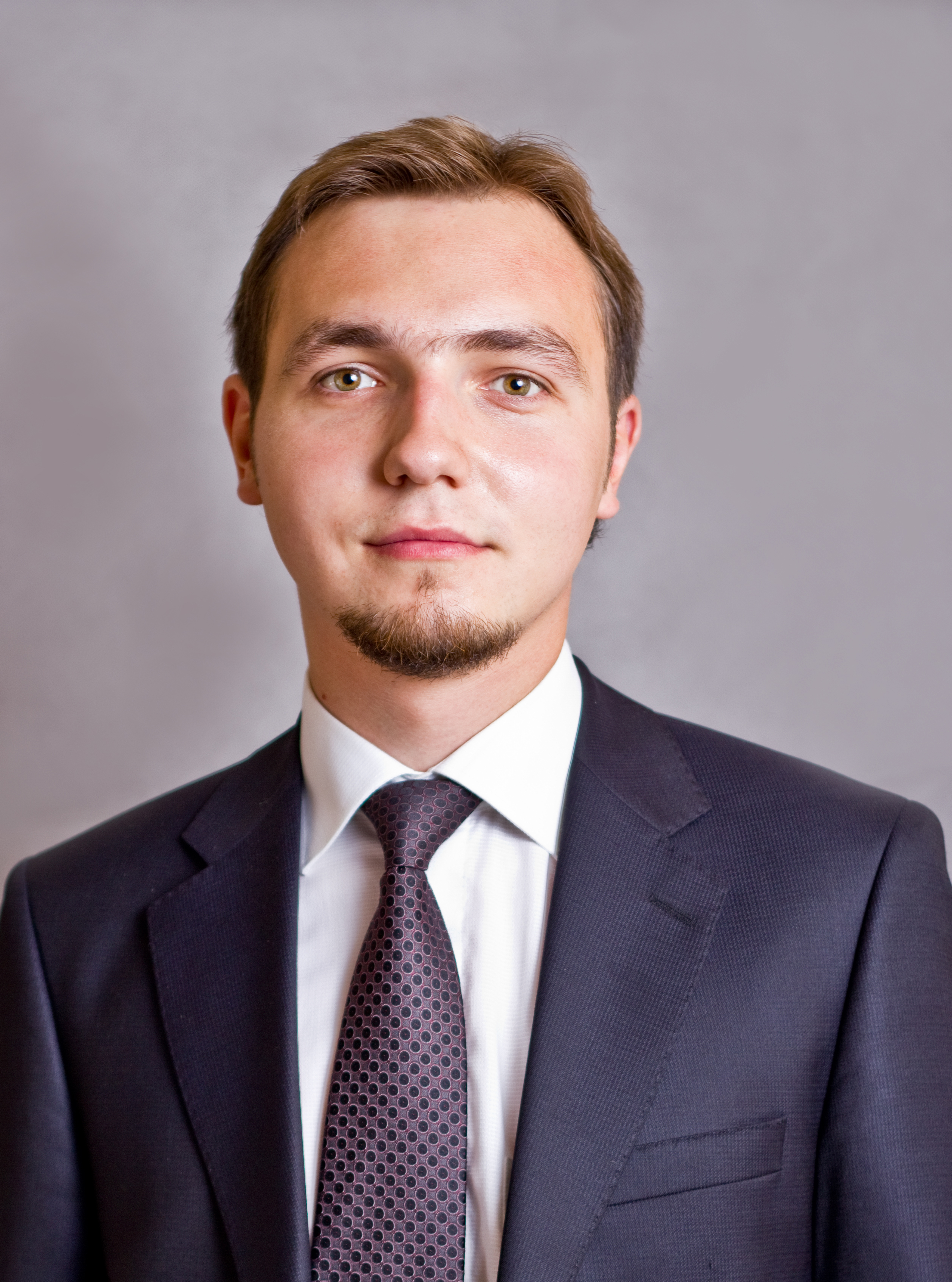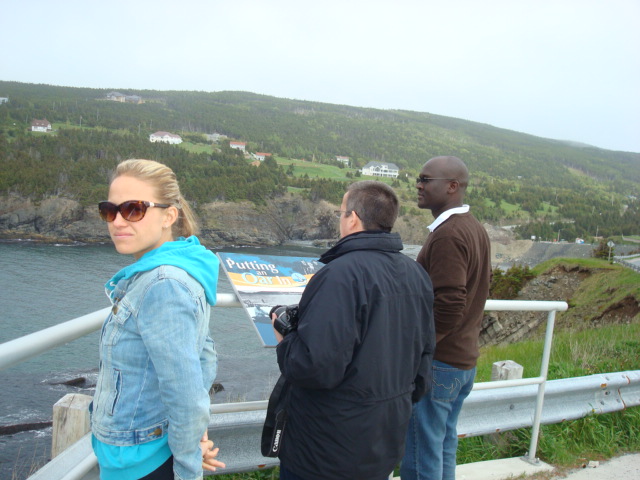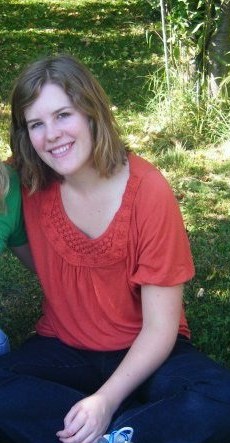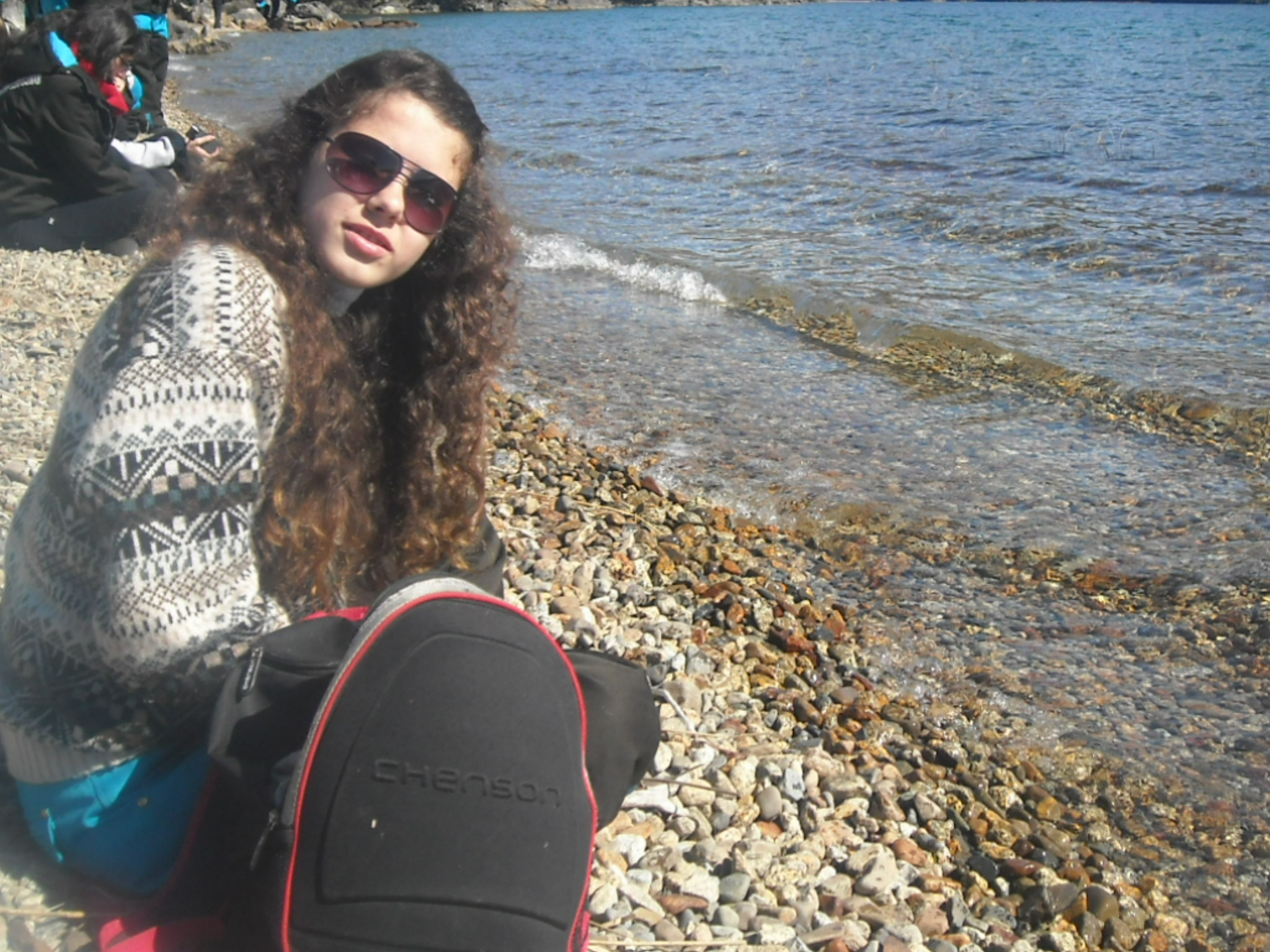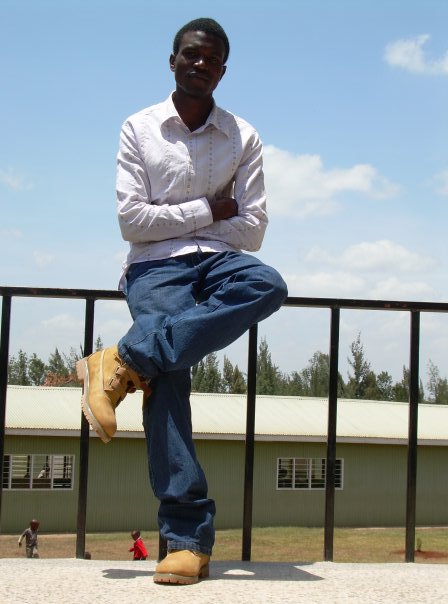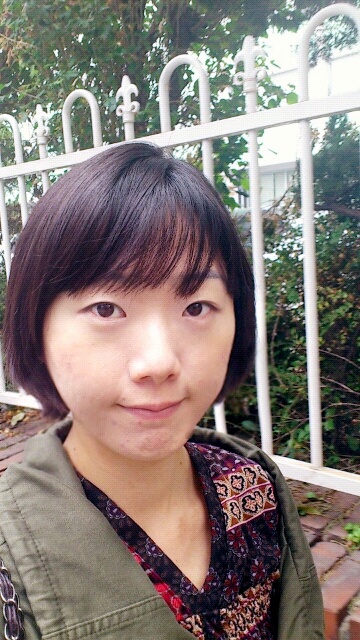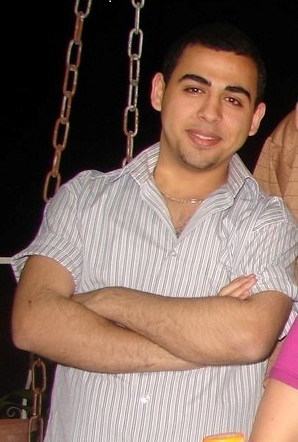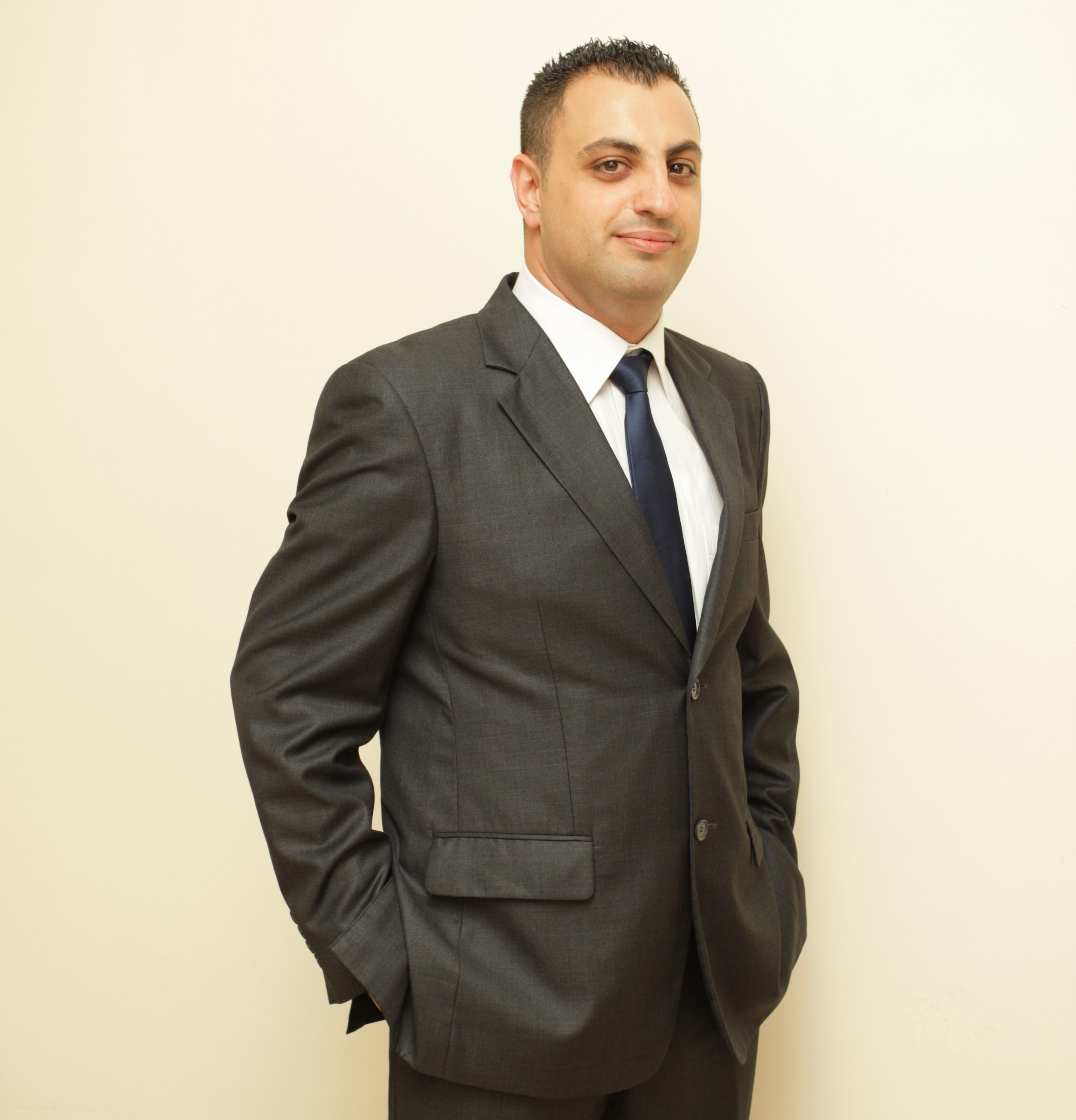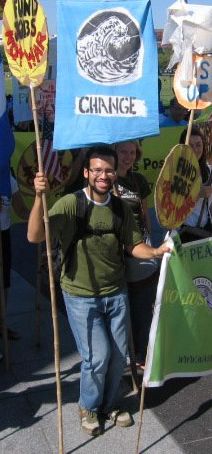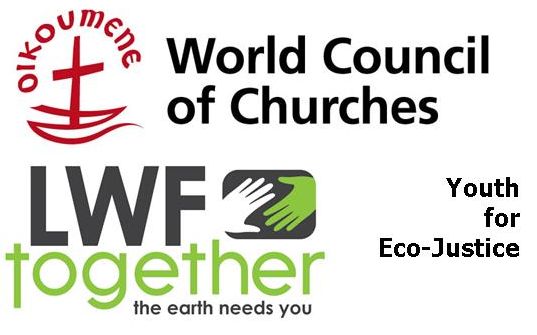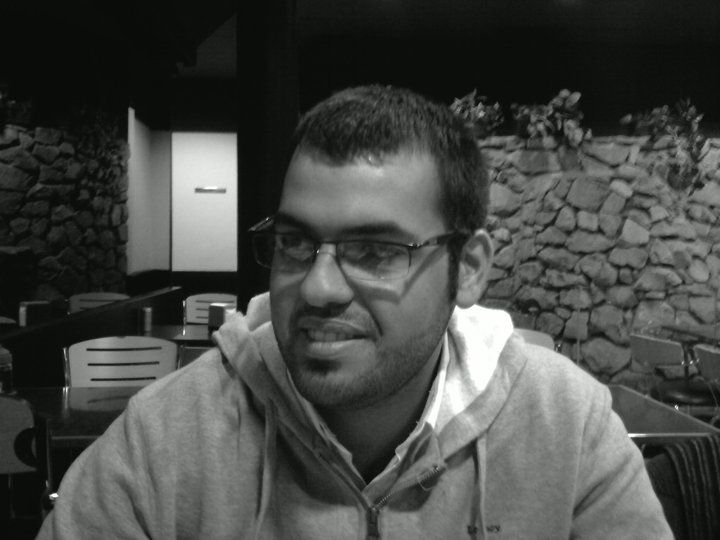 The World Council of Churches and the Lutheran World Federation co-organize Youth for Eco-Justice, starting parallel to the UN Climate Change Summit in Durban, South Africa, at the end of November. In a series of blog posts, the participants are introducing themselves
The World Council of Churches and the Lutheran World Federation co-organize Youth for Eco-Justice, starting parallel to the UN Climate Change Summit in Durban, South Africa, at the end of November. In a series of blog posts, the participants are introducing themselves
Name: Marcelo D. Leites
Age: 26 years old
Function: Regional Secretary of the World Student Christian Federation in Latin American and the Caribbean - WSCF Global Water campaign and Eco Justice programme Chair
Church of Origin: Brethern - independent
Country of Origin: Montevideo, Uruguay, living in Buenos Aires, Argentina
What is really important for your life?
There are several important things in my life, sometimes we need to have priorities about what really is important. I think that one of these very important things is the possibility to improve solidarity, approaches to work justice and peace between us and the creation. It is also to improve ourselves in relation with our brothers and sisters - to be new Men and Women each day, analyzing power and struggling against it.
What are your wishes for the negotiations on Climate Change in Durban?
Civil Society Organizations have a lot of expectations around each COP. After several failures, a lot of Civil Society Organizations, even Churches and Ecumenical Organizations are advocating to the leaders of the world to make changes and establish justice and global agreements. The paradigm of justice agreements is not a part of the common sense of the parties. There are several interests around the possible changes and the recognition of inequities between countries: power and economical interests. I hope for the better possible understanding between the parties, and above all the ecumenical and society family an advocacy actor, so that we make a difference there!
What would you like to do so that your church/country becomes more environmentally just?
The World Student Christian Federation in Latin America and the Caribbean is launching a regional project on Eco-Justice and Water. We are working with 11 countries on the region in a mid-term programme that includes youth environment and justice training, advocacy training, advocacy work in communitarian places (national and regional levels) showing how the youth and students from Grassroots Organization, the Student Christian Movement (from WSCF) and the youth from churches can make a difference, work on issues related to Eco-justice around the region, and work on this issue from a popular reading of the Bible.
In our first step we are launching an itinerary photo exhibition about the conflict between communities around water issues. We will show this photo exhibition in at least seven countries of the region and in two important international events: The Conference on Sustainable Development of the UN in Río de Janeiro, Brazil, RIO+20 and in the Latin-American Water Tribunal, in Buenos Aires Argentina.
This training and the participation in the COP meeting is very helpful for our own commitment in Latin America and the Caribbean. We want to engage young people and students on this matter, to get them learn from this global experience around the Student Christian Movement through our WSCF WATER campaign.

